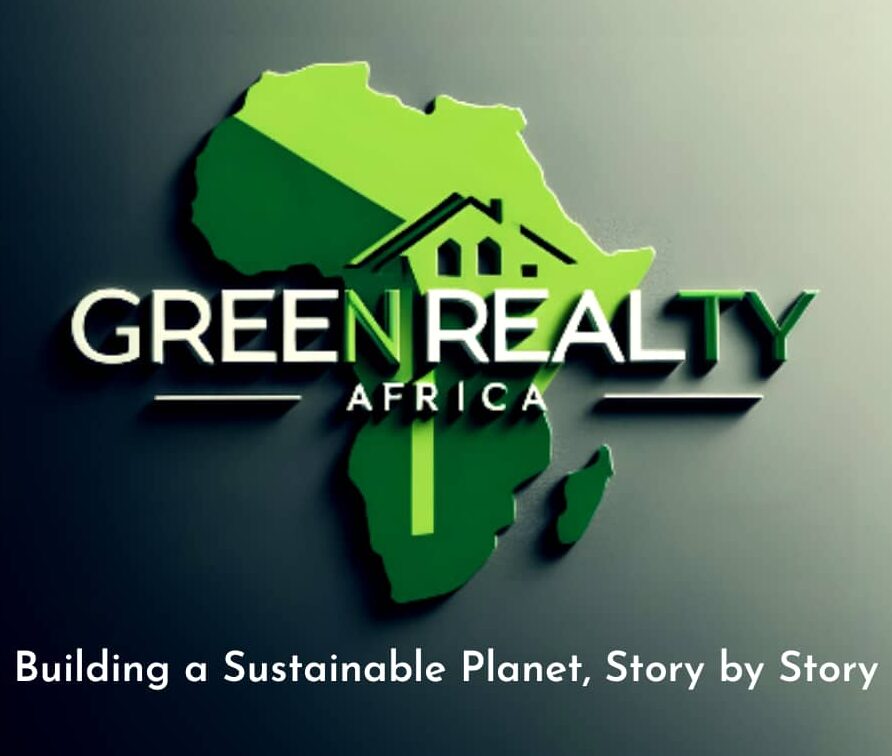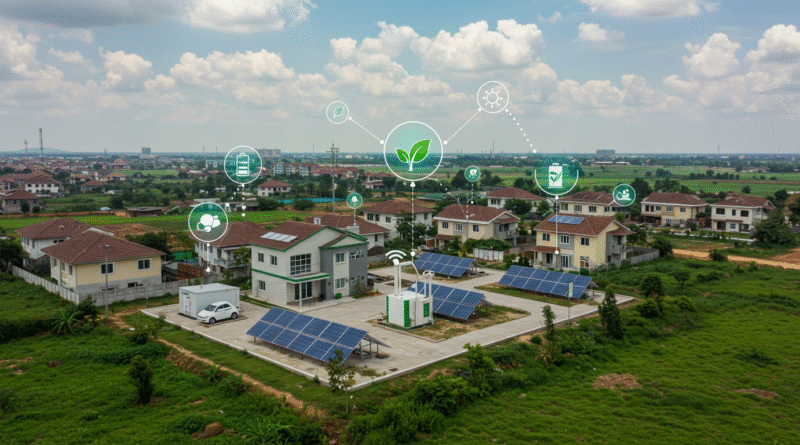Nigeria Green Energy Real Estate Drive
Nigeria green energy real estate ambitions are taking a bold leap. The federal government has pushed for $60 million in climate finance to establish decentralized green energy hubs across the country. With energy insecurity, climate vulnerability, and real estate all intersecting, this initiative could be a game-changer for clean, climate-resilient development.
Real Estate Meets Renewable Innovation
The green energy hubs will integrate solar power, smart meters, and energy storage systems into the fabric of daily life. This would be targeting homes, schools, healthcare facilities, and commercial real estate. For developers and investors, this presents a transformative opportunity to position real estate projects as sustainable and compliant with global climate goals.
Ultimately, the program will redefine energy expectations for buildings, particularly in underserved or off-grid communities where real estate growth is outpacing infrastructure. These hubs can become anchors of energy-efficient housing estates, setting a new standard in climate-aligned real estate development.
Why Climate Finance Is Key to Nigeria’s Real Estate Future
Accessing international climate finance will be crucial to scaling these energy hubs. Therefore, the $60 million being pursued is part of a broader effort to align Nigeria’s Nationally Determined Contributions (NDCs) with practical climate action.
Consequently, the impact on real estate is huge. Developers who adopt clean energy solutions will reduce operational costs and emissions. This would also increase property value and long-term resilience in a market where energy is both unreliable and expensive.
Moreover, with rising global interest in green buildings, this investment positions Nigeria as a frontier for eco-conscious property development, attracting climate-smart investors and infrastructure partners.
A Greener Grid, A Stronger Real Estate Market
The intersection of clean energy and real estate presents one of Nigeria’s greatest climate opportunities. By embracing Nigeria green energy real estate solutions, the country can reduce emissions, close its energy gap, and future-proof its fast-growing property sector.
This isn’t just about electricity- far from it; it’s about enabling livable, sustainable communities where homes and businesses thrive in harmony with the environment.
Climate issues still loom across continents and various governments are making interesting moves towards eliminating them. Check out the Environmental, Social and Governance Strategies.

